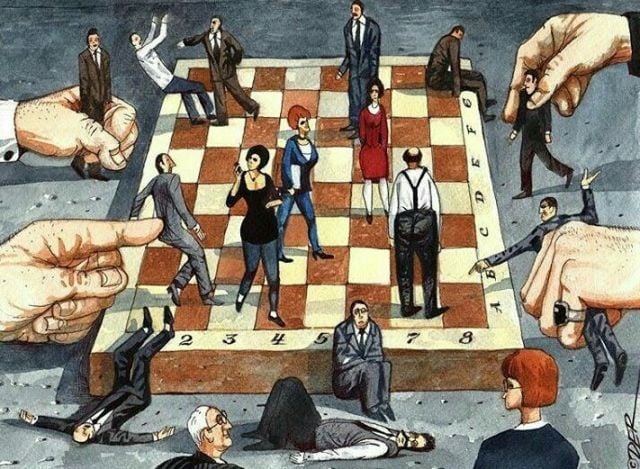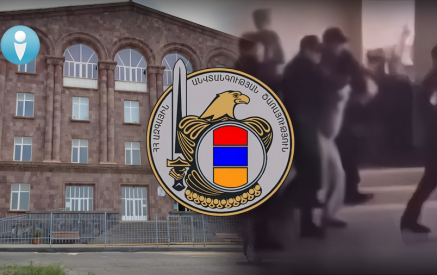Names and concepts are only perceived accurately in context
Which chess move is the best? Which one is the best car or, let’s say, the best piano? Those questions, as you may guess, are pointless, as millions of chess games can contain tens of billions of best moves. Similarly, a car can be convenient in one case, and inconvenient in a hundred of other cases. A composition of a certain genre can be successfully played on a piano, but another genre might not have a pleasant sound on that piano.
To comprehend and estimate any phenomenon, it needs to be put in a certain environment, and the deeper our knowledge of that environment is, the more objective our estimation is. In linguistics, it is called context, but that idea can be spread to other social aspects. Usually, people nowadays do not have enough knowledge or desire to dive deeper into context: their faces light up when they hear the name “Lamborghini” and frown in displeasure as they hear “Lada”, without actually thinking about where and in which circumstances those cars travel.
Any text can be divided into sentences, and if the reader is not familiar with the previous sentences, or propagandistic ideas and prejudices predominate in their mind, then the picture gets distorted. For example, you can take “Beatitudes” and use every single quote or saying as a target for haters to attack. Sometimes such things are done for propaganda, and manipulation purposes, but it is often a result of a lack of education, simply put – ignorance. It is no secret that ignorance and propaganda are related to each other. One cannot exist without the other.
Improper knowledge takes people and phenomena out of context and fills up concepts accepted in society. Recently I watched a video from 1978, where Brezhnev hands out some state awards to a group of famous people, including Shevardnadze and Gorbachov (he kisses Shevardnadze, but not Gorbachov, by the way). And I remembered the way people were labeled during their long-lasting political careers, depending on the political conjuncture. But to estimate them objectively, we need to examine the context of a minimum of 3 decades of soviet and post-soviet reality.
I repeat, no one has the time and desire for that. Out of context, there are heroes or villains, depending on what the masses were “fed”. Armenian political figures are characters as well. Every one of them is connected to this or that story, and as soon as you give their names or show their pictures to the masses, people, without hesitation, will hand you the known formulae: “USSR collapsed because of them” “They stole 4 billion” “They gave over Artsakh” and so on. The same reaction was in the case of “Lamborghini” and “Lada”.
It is more alarming when important concepts such as “elite”, “intellectuals” and “education” are taken out of context and given a negative meaning. In actuality, these concepts have a deep national and international concept. However, today it is profitable for the rulers to paint those ideas in a single color – black, to continue the triumph of ignorance and incompetence.
Aram ABRAHAMYAN




























































